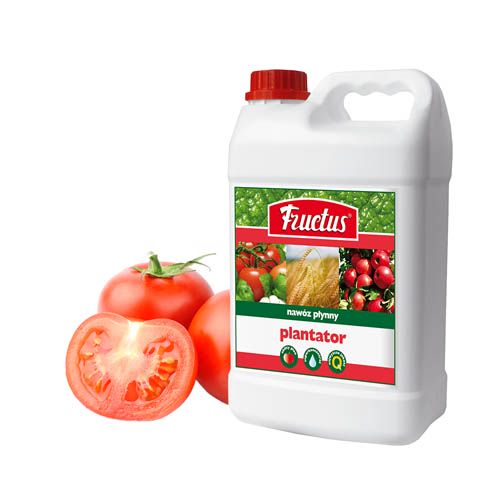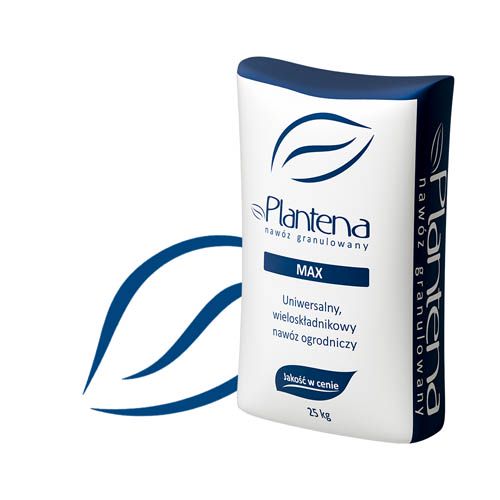Cultivation of vegetables
Bulb vegetables
Bulb vegetables include plants such as: ordinary onion, leek and garlic which provide us with a natural protection against viruses and bacteria, strengthen the body and increase immunity. In addition to the rich medicinal properties they also have a unique flavor and are components of many popular dishes. Bulb vegetables do not have high climatic requirements, but relatively high soil requirements.
more
Onion
Onion is a plant with a weak root system. Its adventitious roots having approximately 20-25 pieces extend to a depth of 20 cm, hence, the plant puts high demands on soil (especially when it is grown in direct sowing). Onion does not like water catchment, cold and acidic soils. Good yield is obtained on peat soils with pH reaction within 5.5-6.5. In the case of too acidic soils they should be limed at least one year prior to cultivation (onion does not tolerate direct liming). It is recommended to cultivate onions on manure applied in autumn. Onion has high nutritional requirements. It is sensitive to salinity and excess of chloride. Weak root system causes a poorer uptake of nutrients from the soil. The content of macronutrients in the soil (mg / dm3) should be: 120-160 N, 60-80 P, 175-250 K, 60-80 Mg, 1000-1500 Ca. Phosphorus determines the rate of growth of the plant, while its deficiency delays maturation. Potassium deficiency causes that onion is poorly stored. Too late or excessive use of nitrogen in fertilization also results in deterioration of storage capacity. It is important in the cultivation of onions to provide the right amount of sulfur (e.g. it affects its taste), copper (prevents thin and peeling flakes), manganese (lack causes twisting of stems) and zinc (stunting of plants). All these elements are contained in compound fertilizers Fructus Gardener and Fructus Planter manufactured by Fosfan
Leek
Leek is a plant with a strong root system and large water demands. Cultivated from direct sowing it requires non-sealing, humus-rich and structural soils with high water capacity. The optimum content of nutrients in the soil (mg / dm3) should be: 70-120 N, 60-80 P, 175-225 K, 44-65 Mg, 1000-1500 Ca. Compound fertilizers, e.g. Fructus Gardener should be used before sowing or planting (from seedlings) of plants by mixing evenly with the ground at a depth of about 15 cm.
Garlic
It has a poorly developed root system and, therefore, it has high requirements towards the soil, the humus content, nutrients and, especially, water. Particularly big amounts of water are required in May and June. It does not like catchment and clay soils or when the soil is too light and sandy. On lighter soils good harvest can be reached after application of manure. Mineral fertilizers should be applied so that the content (mg / dm3) of nutrients in the soil should be: 80-100 N, 50-70 P, 150-200 K, 55-75 Mg, 1000-1500 Ca. Compound fertilizers, e.g. Fructus Gardener in the cultivation of garlic should be used in spring prior to planting in an amount of about 10-15 kg / 100 m2 (depending on the content of nutrients in the soil).
FOR CULTIVATION OF BULB VEGETABLES WE RECOMMEND:
Show all products for fertilization of bulb vegetables
- Fructus nawóz uniwersalny (Fructus universal fertilizer) – granules
- Fructus OGRODNIK (Fructus GARDENER) – granules
- Fructus do warzyw (Fructus for vegetables) – liquid
- Fructus plantator (Fructus planter) – liquid
- Fructus NPK 20-20-20 + mikro
- Fructus NPK 12-12-36 + mikro
- Fructus NPK 11-52-8 + mikro
- Plantena z borem (Plantena with boron)





